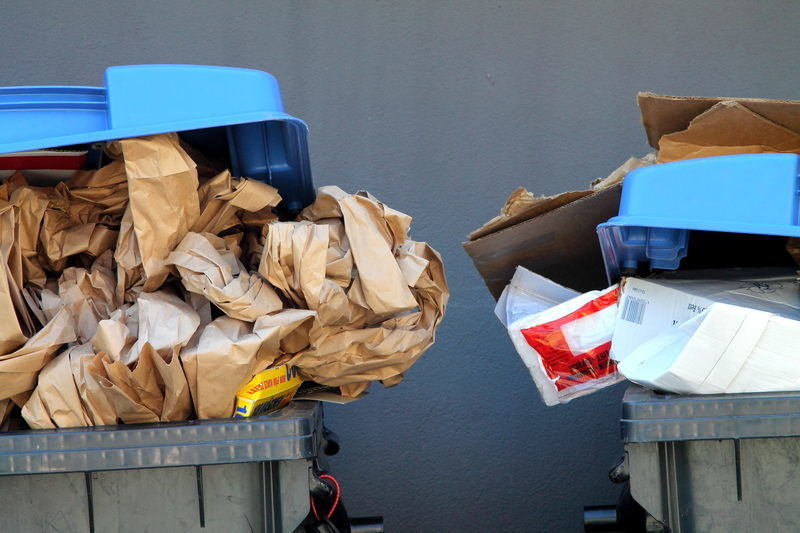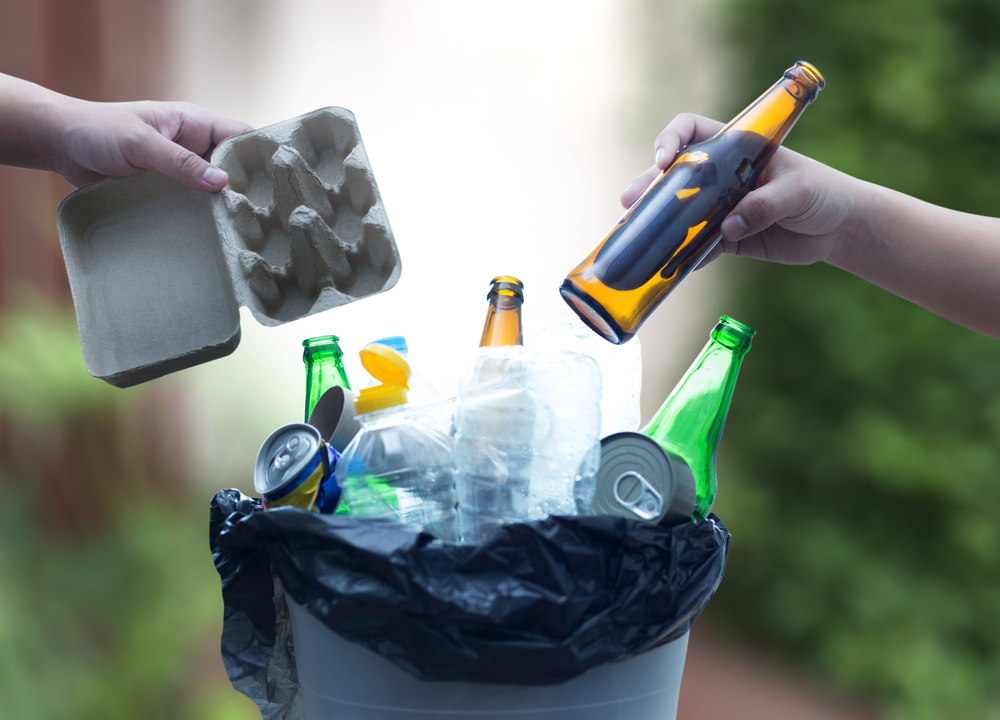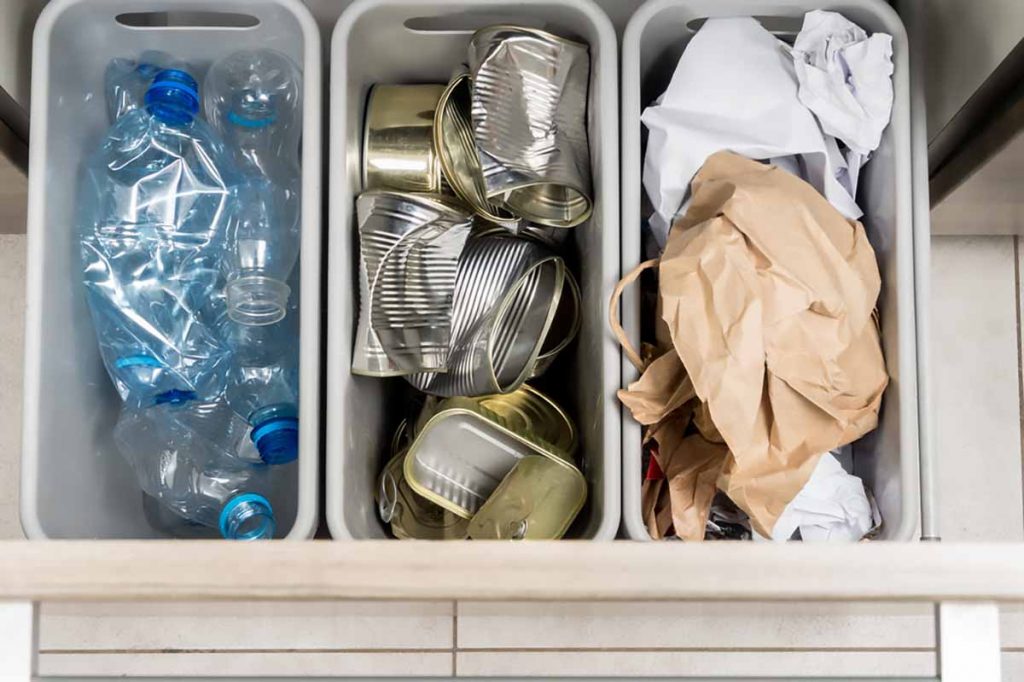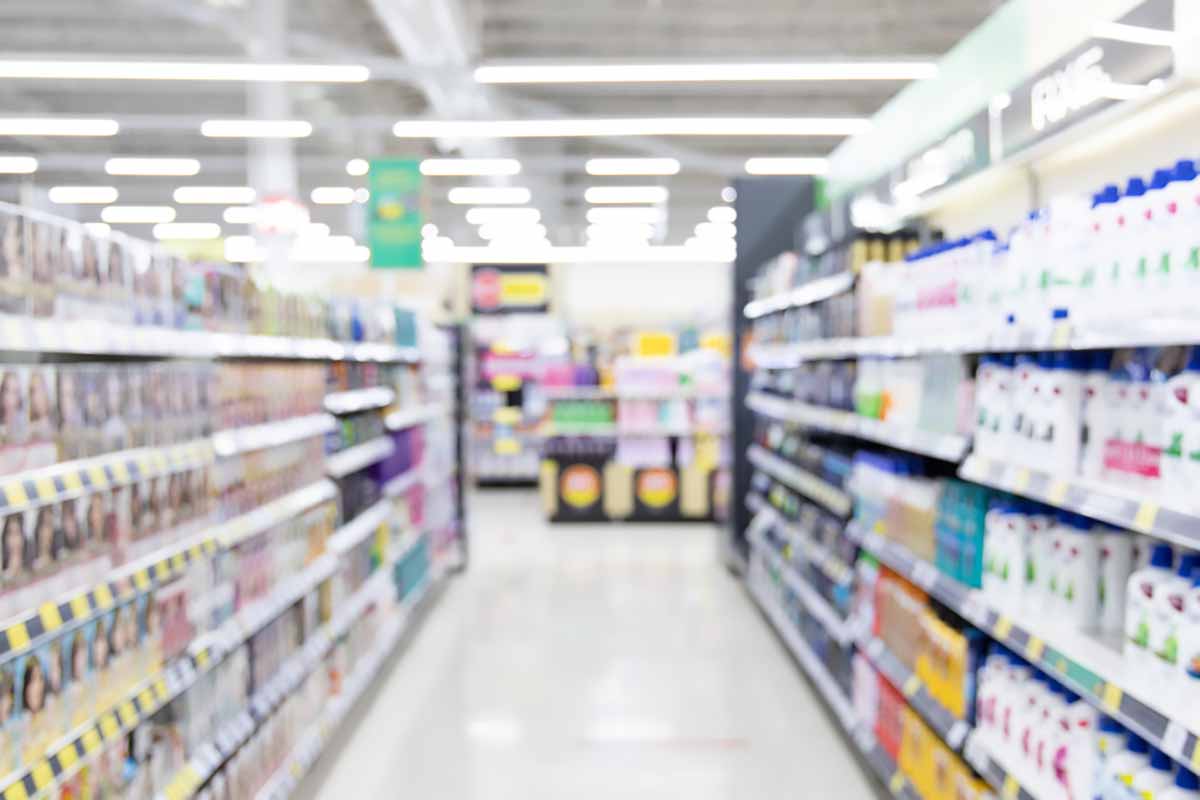
A leader with the Sustainable Packaging Coalition compares and contrasts the first two U.S. state EPR laws. | KWJPHOTOART / Shutterstock

A leader with the Sustainable Packaging Coalition compares and contrasts the first two U.S. state EPR laws. | KWJPHOTOART / Shutterstock

Stewardship Ontario reported 729,906 metric tons of recyclables were collected in 2019, representing a 57.3% recycling rate.| keikona / Shutterstock
Stewardship Ontario, which helps fund that province’s residential recycling program, reported a lower recycling rate for 2019 than the year before. Less newsprint entering the recycling stream drove the decrease.

Recycle Hawaii’s executive director suggests “transitional EPR” as a way to find consensus among stakeholders. | One Photo / Shutterstock

Oregon will establish a producer responsibility program for packaging, printing and writing paper, and food serviceware. | Jacquie Klose / Shutterstock
Oregon will overhaul components of its recycling system and will make packaging producers partially responsible for funding recycling of their products. It’s the second U.S. state to approve such a law.

Recycle BC’s recent annual report noted a 90% recovery rate for paper, 52% for plastic, and 85% for metal. | pryzmat / Shutterstock
In 2020, a producer-funded system for paper and packaging recycling achieved a significantly higher recovery rate – and spent more money – than the year prior.

Maine’s new law requires packaging producers to fund the recycling of their products. | Sean Pavone / Shutterstock
The governor of Maine has signed legislation establishing extended producer responsibility for packaging materials in the state. It’s the first bill of its kind to become law in the U.S.

Maine lawmakers advanced an EPR bill to the governor. | Sean Pavone / Shutterstock
Legislation creating an extended producer responsibility program for packaging has cleared both the Maine House of Representatives and Senate. It’s the first such bill in the U.S. to make it that far in the legislative process, and it now goes to the state’s governor for a signature.

Paper and packaging EPR is already firmly established as part of the Canadian and European waste management landscape. |
Coca-Cola, Unilever and Walmart are among the companies that have backed a statement from a global group in support of extended producer responsibility, the latest example of the seismic shift in corporate sentiments around the policy approach.

A substantial EPR bill is moving forward in the Oregon legislature. | Grindstone Media Group / Shutterstock
Bills establishing extended producer responsibility for packaging materials were introduced in a handful of states this year. Several have failed to gain traction, but at least two key proposals remain active.

